Acute Stress Disorder and Dream Psychotherapy©
Introduction to Acute Stress Disorder and Dream Psychotherapy©
Learning Outcomes:
Participants will be able to define Acute Stress Disorder (ASD) with at least 80% accuracy, using case examples to demonstrate understanding of its symptoms and diagnostic criteria.
Participants will be able to differentiate Brief Psychotic Disorder and PTSD with 80% accuracy by identifying key characteristics and differences between these conditions in clinical scenarios.
Participants will be able to articulate the mission of Dream Psychotherapy© with 80% accuracy, explaining its purpose and relevance in trauma recovery.
Dream Psychotherapy©: How to Work with the Traumatic Event and Dream/Nightmare in the First Session
Learning Outcomes:
Participants will be able to explain the psychosomatic witness concept in Dream Psychotherapy© with at least 80% accuracy, identifying its role in processing trauma in patients.
Participants will be able to describe psychoeducational content for aftercare that can be provided to patients, demonstrating an understanding of its importance for long-term recovery with 80% accuracy.
Participants will be able to complete the Dream Psychotherapy© assessment questionnaire with 80% accuracy, demonstrating their understanding of how to assess a patient’s readiness for therapy and trauma symptoms.
Dream Psychotherapy©: Sessions in Weeks 2-4
Learning Outcomes:
Participants will be able to describe at least three methods for patients to document their dreams between sessions, with 80% accuracy, ensuring they understand the process of tracking dreams for therapeutic work.
Participants will be able to explain why addressing nightmares is a priority in the treatment process with at least 80% accuracy, illustrating their understanding of how nightmares interfere with trauma recovery.
Participants will be able to demonstrate how to re-script a nightmare for practice before sleep, showing at least 80% proficiency in guiding patients through the process to reduce fear and reframe their trauma experience.
Participants will be able to identify at least two referral tools that complement psychotherapy in trauma recovery, applying this knowledge with 80% accuracy in clinical scenarios.
Social Impacts of Trauma
Learning Outcomes:
Participants will be able to define the four trauma responses (flight, fight, fawn, freeze) and apply them to real-world social situations, demonstrating an 80% understanding of their social and emotional impacts in trauma recovery.
Participants will be able to identify strategies to build structure that supports trauma recovery and improves sleep, with 80% accuracy, explaining how routines can facilitate recovery in patients.
Participants will be able to demonstrate the importance of healthy assertion and consensual exchanges in therapy, ensuring they can guide patients to practice these skills with at least 80% effectiveness.
Patient Progress
Learning Outcomes:
Participants will be able to complete a "Weekly Progress Report" for patients with 80% accuracy, accurately tracking key aspects of patient progress, including sleep quality and nightmare symptoms.
Participants will be able to assess and describe the worst and best night of sleep based on case study examples or patient reports, using a 1-5 scale with at least 80% accuracy in their assessment.
Participants will be able to document nightmare details and physiological symptoms in a standardized way, ensuring they can record critical information accurately on a 1-5 scale, with 80% accuracy.
If interested in learning how to implement Dream Psychotherapy©, please complete the form below:
